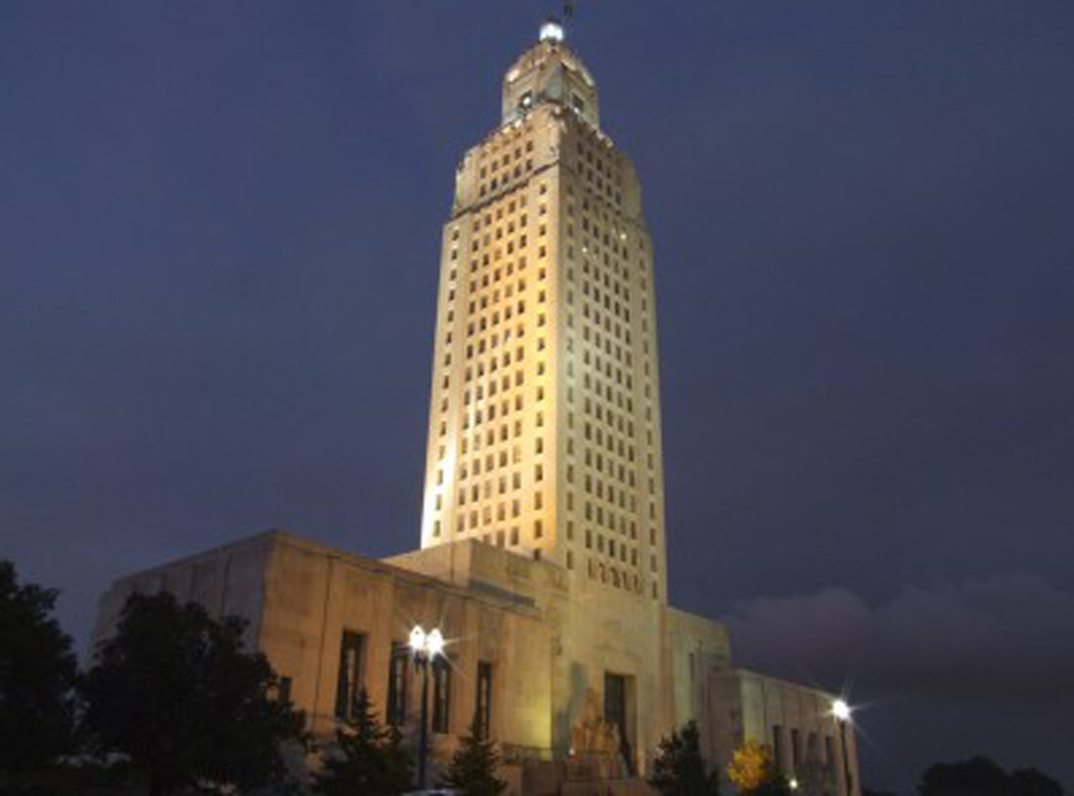BATON ROUGE — With a session-ending deadline fast approaching, House Republicans and Gov. John Bel Edwards appeared at sharp odds Monday over a deal to keep from cratering this year’s budget and forcing widespread cuts on health care and colleges.
The House chipped away at the problem slightly, approving and sending to the Senate a proposal to decrease some state sales tax breaks.
The measure would shrink tax cuts that businesses get for their utility costs and their equipment purchases, among other changes, expiring after three years. Rep. Jay Morris, R-Monroe, the bill sponsor, estimated it would generate about $20 million for this year’s budget and more than $110 million next year.
“We’re in a position now that I do believe we need some additional revenue, in addition to cuts,”
Morris said.
But House Republicans continued to reject other tax measures that the Senate, House Democrats and Edwards had hoped could be used to drum up new money for the treasury.
On Monday, the House spurned a bill that would reduce a tax break for businesses that pay property taxes on their inventory, amid a fierce lobbying effort from the oil and gas industry, car dealers and other businesses.
Rep. Ted James, D-Baton Rouge, sought to rally support for his proposal by reminding lawmakers that businesses in Louisiana receive more in tax breaks than they pay in taxes.
“We can ill-afford to continue these irresponsible practices,” James said. “We’re giving to the people that need it the least.”
The House voted 68-30 against the bill, with no one speaking in opposition.
The special session must end by 6 p.m. Wednesday.
House Appropriations Chairman Cameron Henry, R-Metairie, said the tax bills already passed by the House “should cover us,” though he acknowledged that involved the Senate crafting changes to boost their impact.
Edwards called the 25-day special session to close gaps in Louisiana’s budget estimated to reach $900 million this year and to top $2 billion in the fiscal year that begins July 1.
Lawmakers have agreed to patchwork financing and spending cuts. But they’ve not agreed on enough taxes to fill the remaining holes, leaving colleges and health services at risk of steep slashing. Lawmakers are about $120 million to $200 million short of rebalancing this year’s budget and even further away on balancing next year’s spending plan.
Higher education leaders buttonholed lawmakers outside the House chamber, trying to get support for tax measures.
“Layoffs, furloughs and cancellation of classes are not an exaggeration, but an imminent reality, unless the Legislature acts swiftly and decisively to address the looming cuts to higher education,” the leaders of Louisiana’s four public college systems wrote in a letter to legislators.
House GOP leaders are floating a proposal to balance the rest of the budget with a sales tax higher than the 1 percent increase already backed by the House, Senate and Edwards. But that faces opposition from the Democratic governor, who said he wanted more “shared sacrifice” from businesses.
“There are some who are suggesting that we further ask individuals to shoulder more of this burden to fix our budget without asking businesses to contribute in a balanced approach,” Edwards said in a statement.
Louisiana charges a 4 percent sales tax rate on purchases, or 4 cents on each dollar paid. Both the House and Senate have supported a 1 percent increase starting April 1.
Sales taxes raise large amounts of money quickly. A higher sales tax is attractive to Republicans because it doesn’t face opposition from the state’s largest business lobbying groups. But Democrats say the tax hike would heavily hit the poor.
Rep. Lance Harris, chairman of the House GOP delegation, said Republican lawmakers offered a plan to raise the sales tax by 1.35 percent, falling off over 27 months.
Harris, R-Alexandria, said Edwards issued an “ultimatum” that he’d only consider the larger sales tax if it was coupled with two measures that Republicans don’t support: the doubling of a tax break program for the working poor, with a $47 million-a-year price tag, and the lessening of a tax break for middle- and upper-income taxpayers.

